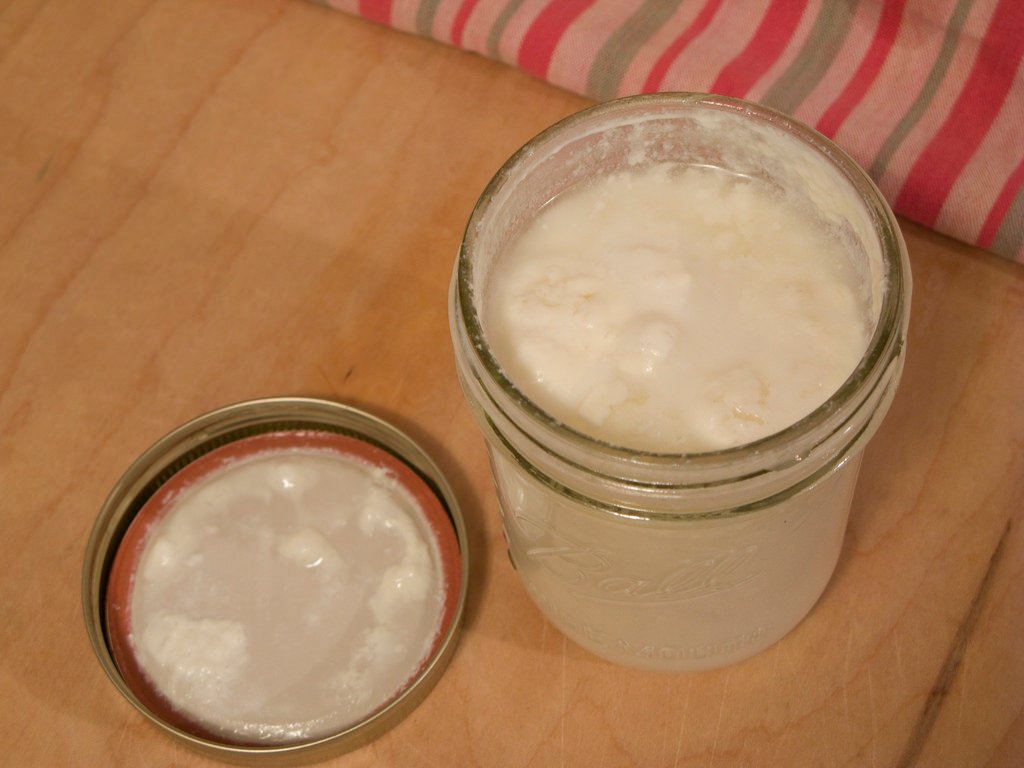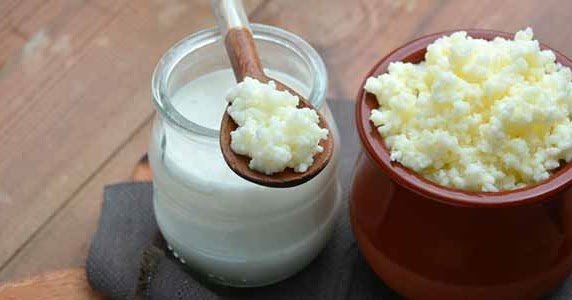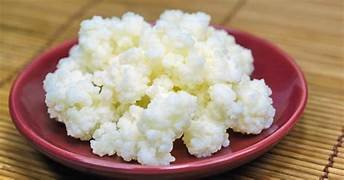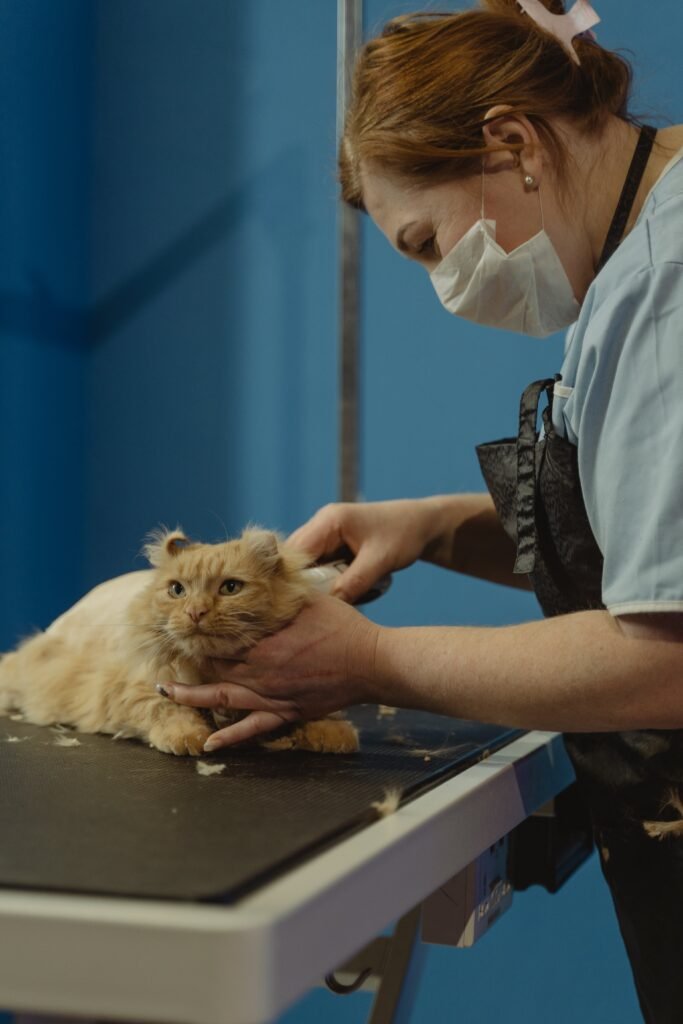Probiotics are becoming a popular supplement for dogs, and for a good reason. These healthy bacteria can help with your dog’s digestion, improve their immune system, and even help with certain health issues. While there are many commercial probiotic supplements available, some dog owners prefer natural options. In this post, we’ll explore the benefits of natural probiotics for dogs, how they work, and what foods you can use to provide them.
What Are Probiotics?
Probiotics are live bacteria and yeasts that are good for the digestive system. They help maintain a healthy balance of bacteria in your dog’s gut, which is important for digestion and overall health. Just like humans, dogs need a healthy gut to properly digest food and absorb nutrients. Probiotics also help prevent harmful bacteria from taking over and causing problems.
Why Are Probiotics Important for Dogs?
The gut is where most of your dog’s immune system is located. If the balance of good and bad bacteria is disrupted, it can lead to digestive issues, infections, and a weakened immune system. Probiotics can help restore this balance and offer several benefits, including:
- Improved Digestion: Probiotics help with the breakdown of food, which can prevent issues like gas, bloating, and diarrhea.
- Boosted Immune System: A healthy gut means a stronger immune system, which helps your dog fight off infections and illness.
- Better Skin and Coat Health: Probiotics can improve your dog’s skin and fur by supporting their body’s ability to absorb nutrients.
- Reduced Allergies: Some studies suggest that probiotics may help reduce allergy symptoms in dogs by improving their immune response.
Natural Probiotics for Dogs
If you want to provide probiotics naturally, there are several foods you can add to your dog’s diet. These foods contain live bacteria that can help support your dog’s gut health. Always introduce new foods slowly to make sure your dog tolerates them well.
1. Yogurt
Yogurt is one of the most common natural sources of probiotics. It contains live cultures that help balance the bacteria in your dog’s digestive system. Look for plain, unsweetened yogurt with live and active cultures. Avoid flavored yogurts or those with added sugar, as these can be harmful to your dog.

2. Kefir
Kefir is a fermented milk drink that is rich in probiotics. It has more probiotics than yogurt and can be easier for some dogs to digest. You can add a small amount of plain kefir to your dog’s food or give it to them as a treat. Make sure it doesn’t contain any added sugar or flavors.



3. Sauerkraut
Sauerkraut is fermented cabbage and a good source of natural probiotics. However, not all dogs enjoy the taste. If your dog likes it, you can give them small amounts of plain sauerkraut (not the canned variety with added vinegar or salt). Start with a small portion to see how your dog responds.



4. Pumpkin
Pumpkin doesn’t contain probiotics itself, but it’s a great prebiotic. Prebiotics are fibers that feed the good bacteria in your dog’s gut, helping probiotics work better. Adding a little plain, canned pumpkin to your dog’s food can help support healthy digestion.


5. Miso


Miso is a fermented soybean paste that is often used in Asian cooking. It contains healthy bacteria, but it is high in salt, so it should only be given in very small amounts. Make sure to use miso that doesn’t contain any added ingredients that might be harmful to dogs.
6. Buttermilk
Buttermilk is another dairy product that contains probiotics. Like yogurt and kefir, it’s important to use plain, unsweetened buttermilk. You can add a small amount to your dog’s food to boost their gut health.


7. Apple Cider Vinegar
Unfiltered apple cider vinegar with “the mother” is believed to have probiotic benefits. You can add a small amount (start with a teaspoon) to your dog’s water or food. Be cautious, as too much vinegar may cause stomach upset in some dogs.


How to Give Natural Probiotics to Your Dog
When adding natural probiotics to your dog’s diet, it’s important to start slowly. Too much too soon can cause digestive upset. Here are some tips for introducing probiotics:
- Start with Small Amounts: Introduce one probiotic food at a time and start with a small amount to see how your dog reacts.
- Monitor Your Dog: Keep an eye on your dog’s digestion and stool. If you notice any issues like diarrhea, reduce the amount or stop giving the probiotic.
- Make it a Treat: Many dogs enjoy the taste of yogurt or kefir, so you can give these as a treat or mix them with their regular food.
When Should You Give Your Dog Probiotics?
Probiotics can be beneficial for all dogs, but they are especially helpful in certain situations:
- After Antibiotic Treatment: Antibiotics can kill both bad and good bacteria in your dog’s gut. Probiotics can help restore the balance of good bacteria after a round of antibiotics.
- Digestive Issues: If your dog experiences diarrhea, gas, or bloating, probiotics can help regulate their digestion.
- Stressful Situations: Stress can affect your dog’s gut health, so giving probiotics during stressful times (like traveling or moving) can help.
- Allergies: Dogs with food or environmental allergies may benefit from probiotics, as they help support the immune system and reduce inflammation.
Are There Any Risks to Giving Natural Probiotics?
While natural probiotics are generally safe for dogs, there are a few things to keep in mind:
- Allergies: Some dogs are sensitive to dairy, so yogurt or kefir may not be the best option for them. If your dog is lactose intolerant, try a non-dairy source of probiotics.
- Digestive Upset: Introducing too much probiotic-rich food at once can cause diarrhea or an upset stomach. Always start with small amounts and gradually increase as your dog’s system adjusts.
- Consult Your Vet: If your dog has a chronic illness or is on medication, it’s always a good idea to consult your vet before introducing new foods, including probiotics.
How Often Should You Give Your Dog Natural Probiotics?
You can give your dog natural probiotics daily or a few times a week, depending on their needs. Some dogs may benefit from daily probiotic support, especially if they have ongoing digestive issues, while others may only need them occasionally. Always start with a small amount and monitor your dog to find the right balance.
Conclusion
Natural probiotics can be a great addition to your dog’s diet to support their digestion, immune system, and overall health. Foods like yogurt, kefir, sauerkraut, and pumpkin are easy to add and can provide the healthy bacteria your dog needs. Remember to introduce new foods slowly and monitor your dog’s reaction. If you’re ever unsure, talk to your vet for guidance on the best way to include probiotics in your dog’s routine.


